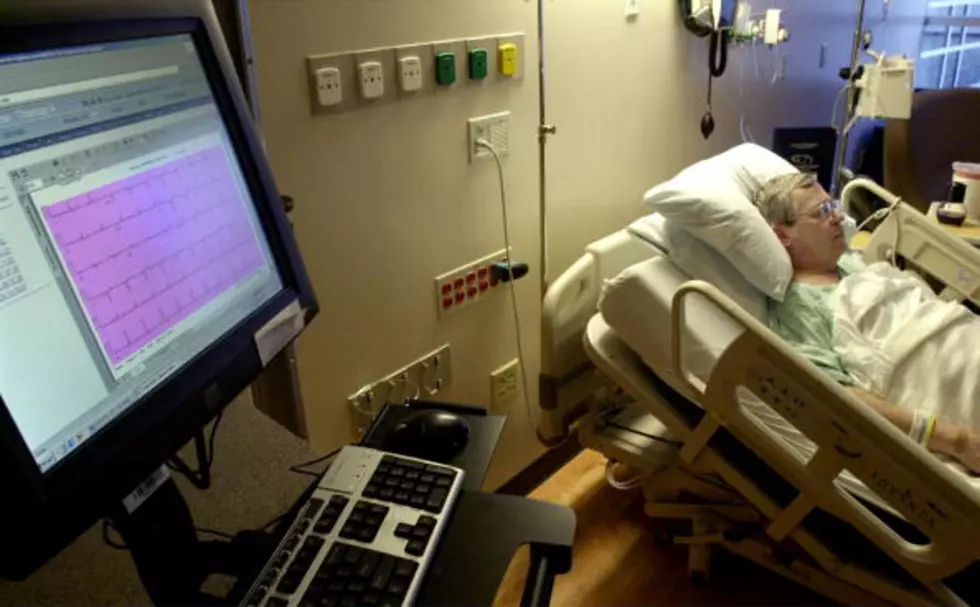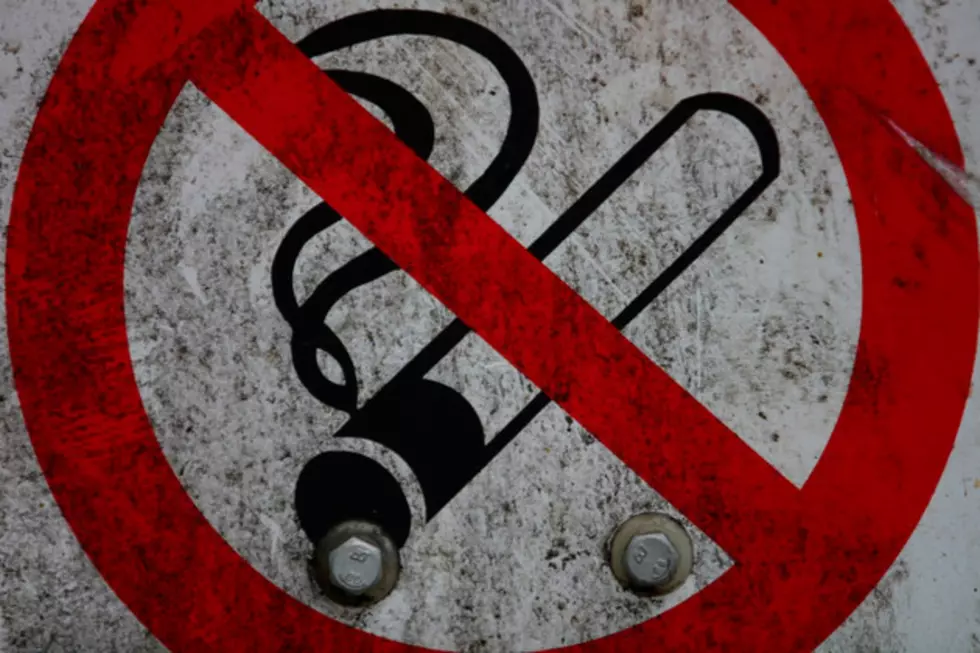
Study: Most Baby Boomers Do Not Have a Living Will
In an AP-Life Goes Strong poll conducted this spring, 64 percent of Americans born between 1946 and 1964 (and 70 percent of all U.S. adults) said they did not have a health-care proxy, living will, or advanced directive that spells out what care they would like to receive if they're unable to communicate with their doctors.
What's the reason for this? Family-care consultant Melissa Kahn says "People are so focused on staying young and doing everything to avoid the inevitable. So I think it's just human nature to avoid certain topics."
Living wills let us specify exactly what we would like to happen if we're incapacitated.
Hospitals typically ask incoming patients if they have advance directives. Kahn says "Most people hear that and they have no idea what this person is talking about. That's not the right time to be signing that. You want to think about that before you go into the hospital."
Kahn adds that people should "Discuss wishes with family members. Often people say, 'I want my spouse to be my healthcare proxy, my agent,' but they haven't really talked to that person about their wishes. Or they designate a child. The child has no clue what that person wants."
Kahn says it's never too early to do this. Even people in their 20s should start thinking ahead and making these plans. "If something happens to me, who do I want making decisions for me?" says Kahn. "And who is my backup if that person is unable or unwilling?"
Without knowing your wishes, hospitals by law must take every measure possible to keep you alive, says Kahn. "It really makes a difference to have those documents in order."
More From Newstalk 860






![Chili’s Cancels Autism Fund-Raiser for Controversial ‘Anti-Vaccination’ Group [POLL]](http://townsquare.media/site/757/files/2014/04/doctor-patient-vaccine1.jpg?w=980&q=75)


